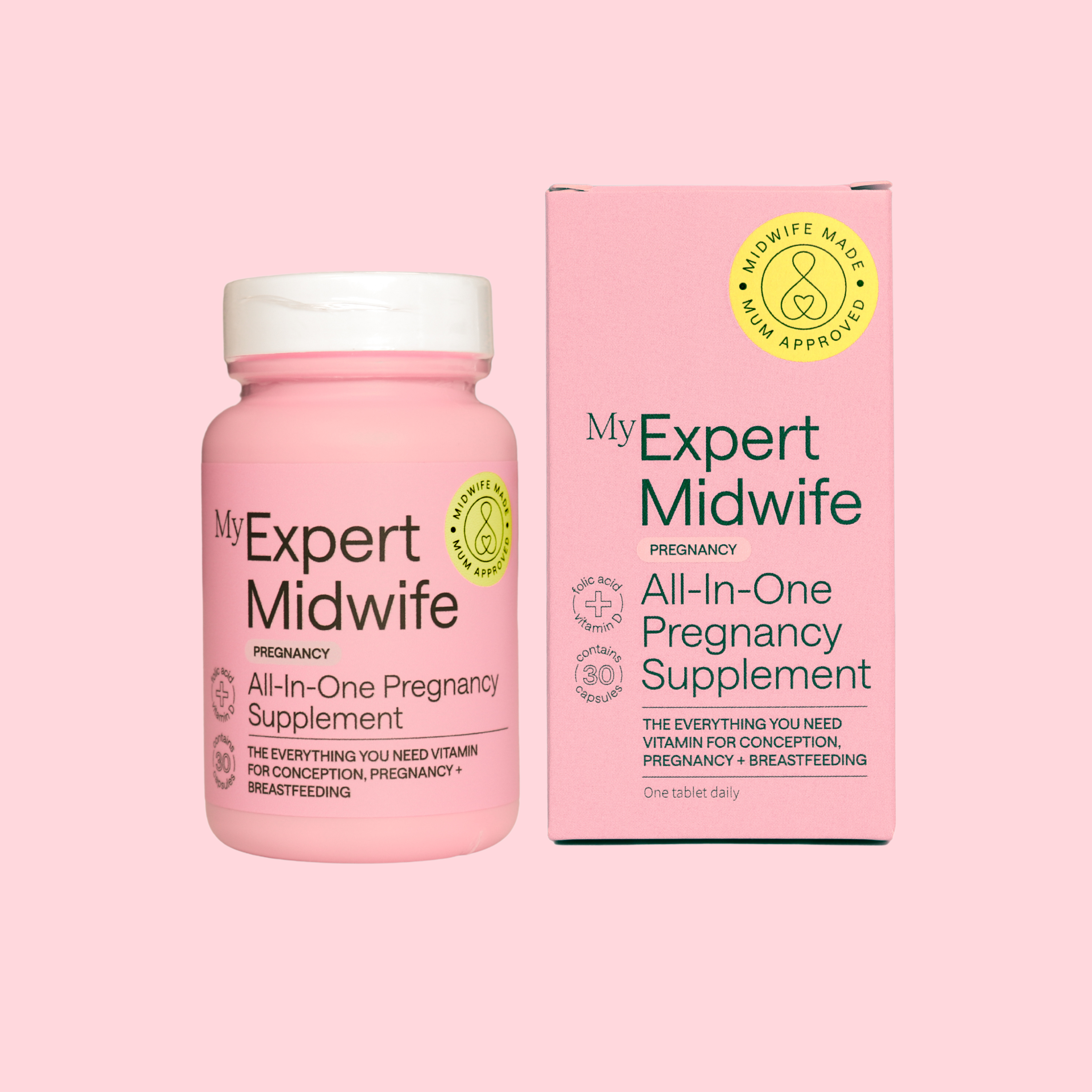If you have been contacted by your Midwife and informed that you have Low PAPP-A then you may be feeling worried, anxious and confused; what is it, how was it found, is it harmful to be or my baby, and what do I need to do about it. Let us put your mind at rest and fill in the answers to some of your questions.
What is Low PAPP-A?
PAPP-A is a protein produced by the placenta that especially during early pregnancy is crucial in the development and growth of your unborn baby. If your levels are considered low (below 0.41MoM) this will be identified from your Booking Bloods sample and your Midwife will contact you to inform you of the implications and what it will mean to your antenatal care plan.
How is Low PAPP-A identified?
When you have your Booking appointment with a Midwife one of the screening tests you will be offered is referred to as Combined screening or First trimester screening which is when your healthcare team will offer a blood test and some additional measurements which will be taken at your 12 week dating ultrasound scan. The results of these tests give a risk factor of baby having Down’s Syndrome (Trisomy 21), Edward’s Syndrome (Trisomy 18) or Patau’s Syndrome (Trisomy 13) which are all genetic conditions
These blood tests are not compulsory but are highly recommended as screening tools to identify anything that may need further treatment or care.
What does Low PAPP-A mean in my pregnancy?
The good news first! Most pregnancies where low PAPP-A has been identified go on to be perfectly normal with no complications, and most babies are born totally healthy. However, your Midwife and Obstetrician will counsel you about potential complications and will recommend some additional monitoring (extra growth ultrasound scans to keep a check on baby’s development and to check the blood flow between baby and the placenta (dopplers), and low-dose aspirin) to identify any babies who may be at increased risk.
Low PAPP-A can increase the risk of:
IUGR (Intra-Uterine Growth Restriction)
Pre-Eclampsia
Preterm Birth
Stillbirth (very rare).
Identifying a concern means that your care team can put a plan of care in place for this and in some cases that may include early delivery or induction of labour (IOL) to ensure baby’s wellbeing.
Is there anything I can do to increase my PAPP-A levels?
No, you cannot change your PAPP-A levels but adopting a healthy lifestyle will give your baby the best start to life even when diagnosed with Low PAPP-A, this includes:
A balanced diet
Regular Exercise
Quit Smoking, Alcohol and Caffeine
Avoid non-prescription drugs
Take a pregnancy-specific dietary supplement
Follow the advice of your healthcare team





















